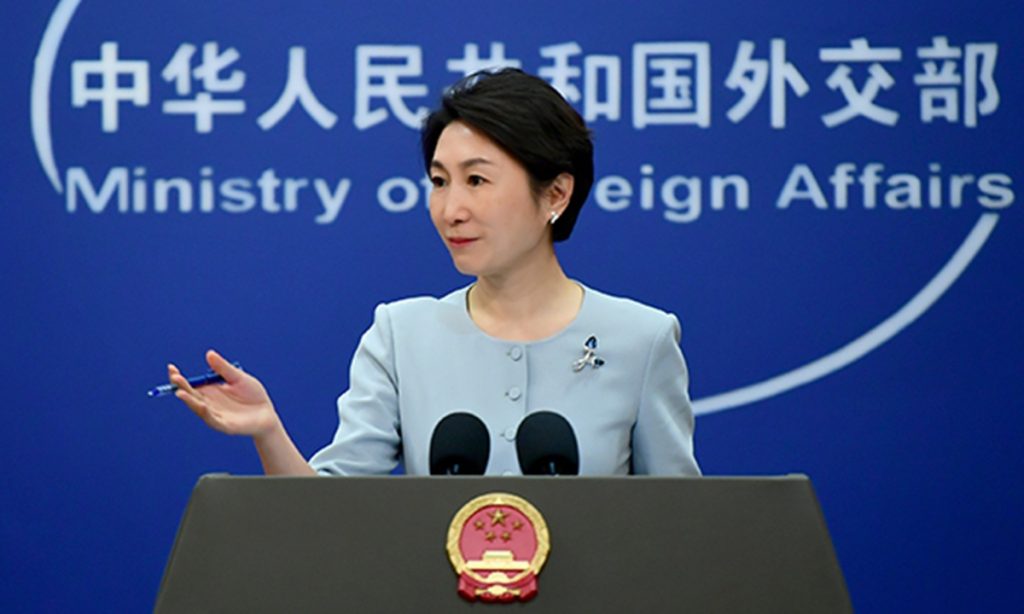China consistently respects Panama's sovereignty over Canal, says FM in response to Trump's claim

China will as always respect Panama's sovereignty over the Canal and recognize the Canal as a permanently neutral international waterway, Chinese Foreign Ministry spokesperson Mao Ning said Friday, in response to a question about US president-elect Donald Trump's claim that there are Chinese soldiers stationed at the Panama Canal.
In a post on Truth Social on Thursday, Trump claimed that Chinese soldiers are "operating the Panama Canal," the latest in a series of statements from the president-elect about the Canal following his December 22 threat to reassert US control over it, which the US handed over to Panama in 1999.
Panamanian President José Raúl Mulino refuted Trump's claim, saying it is "nonsense" and asserting that there is "absolutely no Chinese interference," according to the BBC. "There is not a single Chinese soldier in the canal," he told reporters in Panama City.
Mulino also rejected the possibility of reducing tolls for US ships or ceding control of the Canal, the BBC report said. "The Canal is Panamanian and belongs to Panamanians. There's no possibility of opening any kind of conversation around this reality," he said.
Chinese FM spokesperson Mao said at the Friday press conference that Panama's President Mulino stressed that the Canal has no control, direct or indirect, from any power.
The claim that China has military personnel in Panama is entirely baseless, and fundamentally incorrect. Such remarks appear to be aimed at generating media attention and imposing pressure on Panama to make concessions regarding toll charges for US vessels, in order to secure special privileges and preferential pricing, Lü Xiang, a research fellow at the Chinese Academy of Social Sciences, told the Global Times on Friday.
Panama's position is unequivocal and issues of sovereignty are non-negotiable and cannot be overturned, said Lü, noting that any attempt to create instability in the canal area would severely disrupt global trade, including US domestic trade, as the US itself depends heavily on the Canal for maritime transport between its East and West coasts.
Wang Youming, director of the Institute of Developing Countries at the China Institute of International Studies in Beijing, said that in recent years, the US has been increasingly concerned about China's influence in Latin America, particularly in large infrastructure projects.
With the Belt and Road Initiative advancing, the US views China's growing presence in the Western Hemisphere as a threat to its regional interests, leading to increasing smear campaigns and attacks against China, said Wang.
Since the establishment of diplomatic ties between China and Panama, their relationship has grown rapidly, marked by increased political trust, trade, and cultural exchanges. Under the Belt and Road Initiative, China has made notable progress in infrastructure projects in Panama and Latin America, which deserves recognition, Wang told the Global Times.
However, China has never interfered in the operation, pricing, or internal affairs of the Panama Canal, respecting Panama's sovereignty over this neutral international passage, said the expert.
In contrast to US concerns about China's strategic influence, China's cooperation with Panama and other Latin American countries is driven by mutual interests and local needs, fostering regional development and deeper people-to-people ties, Wang said.